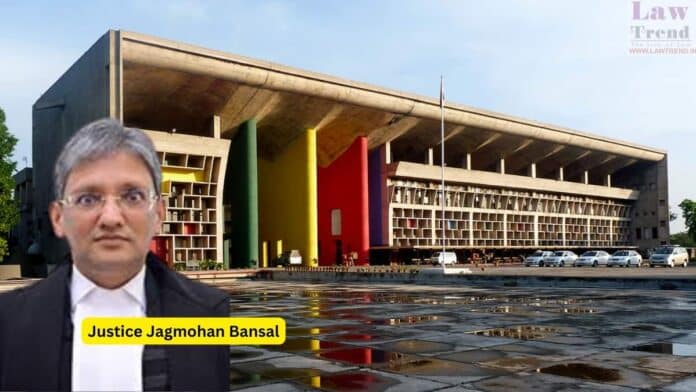In a significant ruling, the Punjab & Haryana High Court has held that the creation or abolition of promotional posts by a competent authority does not constitute a violation of fundamental rights. The judgment was delivered by Justice Jagmohan Bansal in the case of Anuradha v. Union of India and Others (CWP-4728-2024). Background of the
To Read More Please Subscribe to VIP Membership for Unlimited Access to All the Articles, Download Available Copies of Judgments/Order, Acess to Central/State Bare Acts, Advertisement Free Content, Access to More than 4000 Legal Drafts( Readymade Editable Formats of Suits, Petitions, Writs, Legal Notices, Divorce Petitions, 138 Notices, Bail Applications etc.) in Hindi and English.




